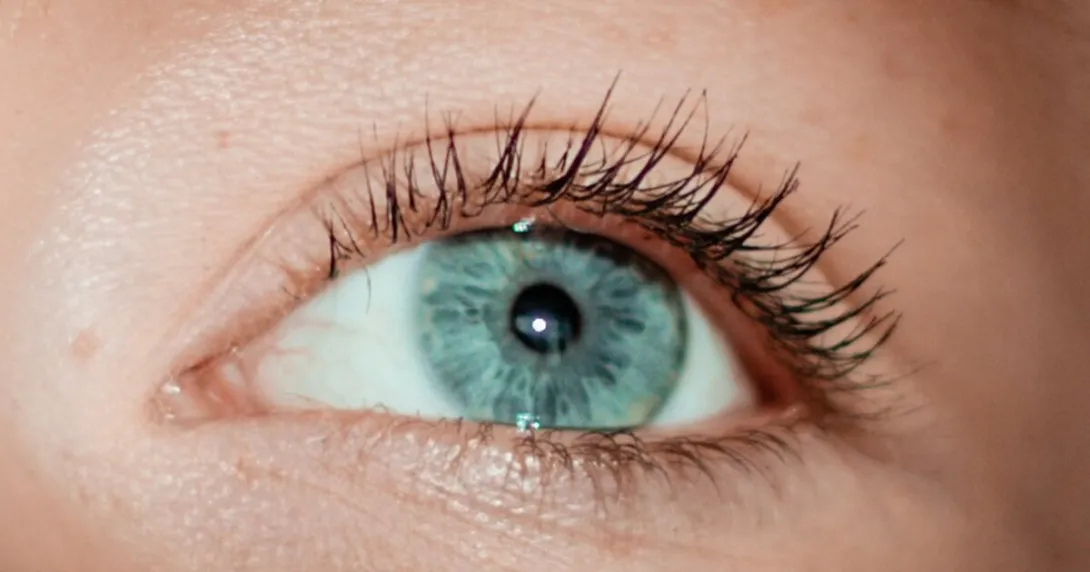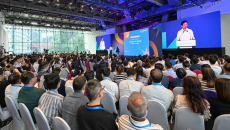
Photo: Kajetan Sumila/Unsplash
A new brain health service in Hong Kong utilises retinal imaging AI for predicting Alzheimer's disease risk, touted as the first of its kind in the world.
Humansa, a longevity-focused health and wellness centre, offers this new service in collaboration with i-Cognitio Sciences, an ocular imaging company and a spin-off from the Chinese University of Hong Kong (CUHK).
WHAT IT'S ABOUT
The service provides comprehensive AI-powered brain health assessment and personalised lifestyle protocols. i-Cognitio's AI was developed and validated using around 13,000 fundus images from approximately 648 Alzheimer's patients and over 3,000 patients with normal cognition. In a study published in the Lancet Digital Health journal in 2022, the technology demonstrated an accuracy between 80% and 92% in identifying risks of Alzheimer's disease in multi-ethnic datasets from different countries.
Additionally, the brain health package provides preventive strategies based on an individual's risk profile, lifestyle interventions, and medical support, as well as longevity strategies that incorporate supplements and restorative therapies.
WHY IT MATTERS
Dementia likely affects one in three individuals aged 85 and above in Asia-Pacific. In Hong Kong, a tenth of the population aged 70 and older deals with this condition, with more than half of the cases attributed to Alzheimer's.
Recent studies have shown that up to 45% of dementia cases can be prevented or delayed, emphasising the need for early detection. However, conventional cognitive tests and structural brain imaging are less accurate, while highly accurate methods such as amyloid-PET scanning and testing of cerebrospinal fluid are invasive and less accessible.
The CUHK-led study attempted to address this gap by developing a deep learning-based model that offers "a simple, low-cost, low labour-dependent approach to identify potential Alzheimer's disease-dementia patients in community settings with reasonable accuracy and sensitivity."
THE LARGER TREND
Latest research in Australia has delved deeper into the connection between diseases and the retina. Utilising AI and a large eye image dataset, it showed how reduced retinal thickness is "highly associated" with multiple sclerosis and how retinal thinning is closely linked to a range of other neurodegenerative diseases and cardio-metabolic disorders.
Early this year, research projects from Japan and South Korea also focused on the eyes to improve neurodevelopmental disorder screening. Yonsei University Health System researchers demonstrated the use of AI models to analyse retinal fundus photographs of children and identify their risk for attention deficit hyperactivity disorder. In Japan, a researcher from Waseda University utilised eye-tracking technology to show how predictable movement stimuli could be used as a potential behavioural marker for the early screening of autism spectrum disorder.
Meanwhile, another research team from CUHK, in collaboration with Beijing Tongren Hospital, recently unveiled a generative AI model for automated eye disease diagnosis. The model, pretrained on a big ophthalmic database of 3.4 million images, was also shown to predict the presence of intracranial tumours from fundus images.
ON THE RECORD
"The retina is an extension of the brain, and through non-invasive fundus photography, we can detect changes in the blood vessels and nerves of the retina that are associated with Alzheimer's disease. These changes can appear 10-15 years before symptoms develop, giving us a critical window for early intervention. This AI model can identify early microvascular changes associated with Alzheimer's disease that may not be detected even by conventional MRI, making it a powerful tool for identifying high-risk cases in both clinical and community settings," Vincent Mok, founding director of i-Cognitio and Mok Hing Yiu professor of Medicine at CUHK, was quoted as saying in a media release.

